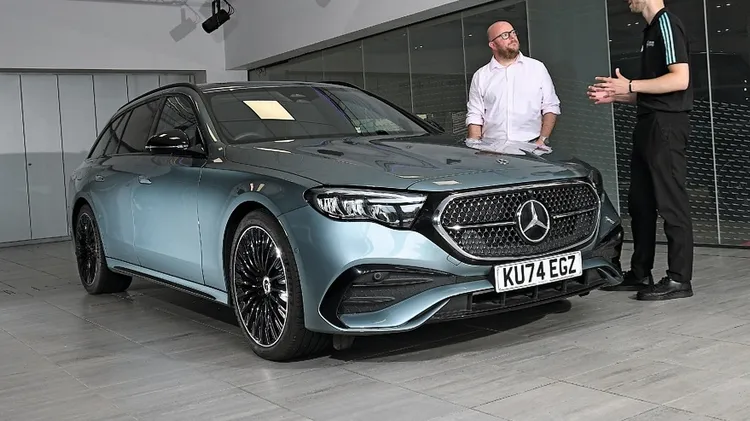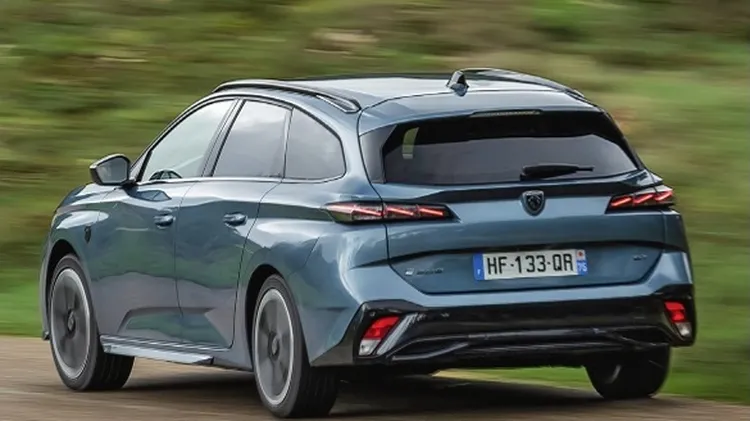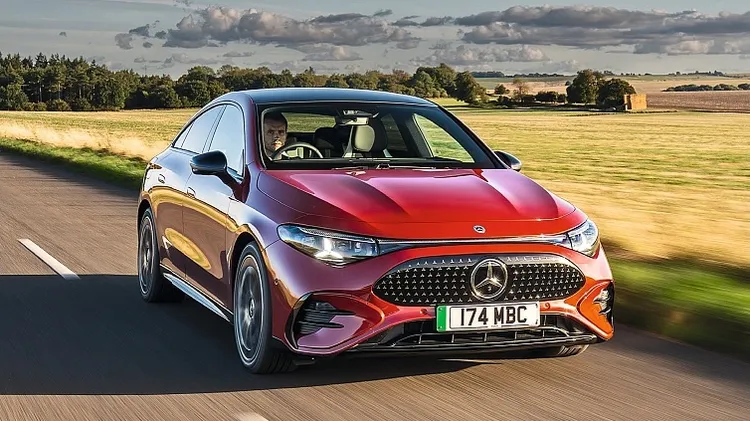Updated saloon and Touring estate line-ups look toward an elec
New bmw 3 series ditches diesel
2 min read
This article is from...
Read this article and 8000+ more magazines and newspapers on Readly






